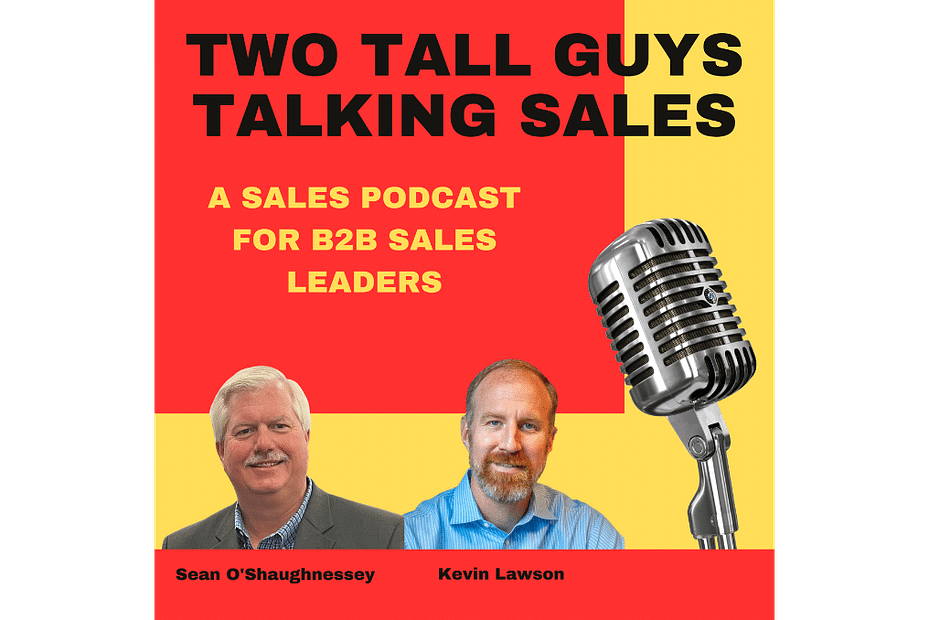There’s an ongoing conversation about the importance of strategy, process, and anticipating potential challenges in B2B sales. There’s an analogy that encapsulates this perfectly – imagine you’re on a road trip. You have a destination in mind but are unfamiliar with the route. This is where tools like Waze, Google Maps, or Apple Maps come into play. They direct you to your destination and alert you about potential roadblocks, construction, traffic, or other unexpected events that might delay your journey.
This is precisely how a sales strategy should work. It’s not just about getting from point A to point B but also about understanding the complexities of the journey and preparing for potential roadblocks. For salespeople, managers, and CEOs, understanding the strategy is critical to increasing revenue and improving productivity.
Understanding that a strategy involves more than just the turns along the way is vital. It also involves how to navigate through different areas, understand the speed limit, and anticipate any warnings that might come up. Many salespeople don’t fully grasp these challenges and tend to take them as they come rather than anticipating them and planning accordingly.
Like Waze uses real-time data to adapt to changes on the road, a sales strategy should adjust to new information and circumstances. For example, if there’s construction up ahead or a detour is required, Waze will adapt and provide a new route. Similarly, salespeople should be able to adjust their strategies based on new information or unexpected challenges.
Read the rest of the article… 







